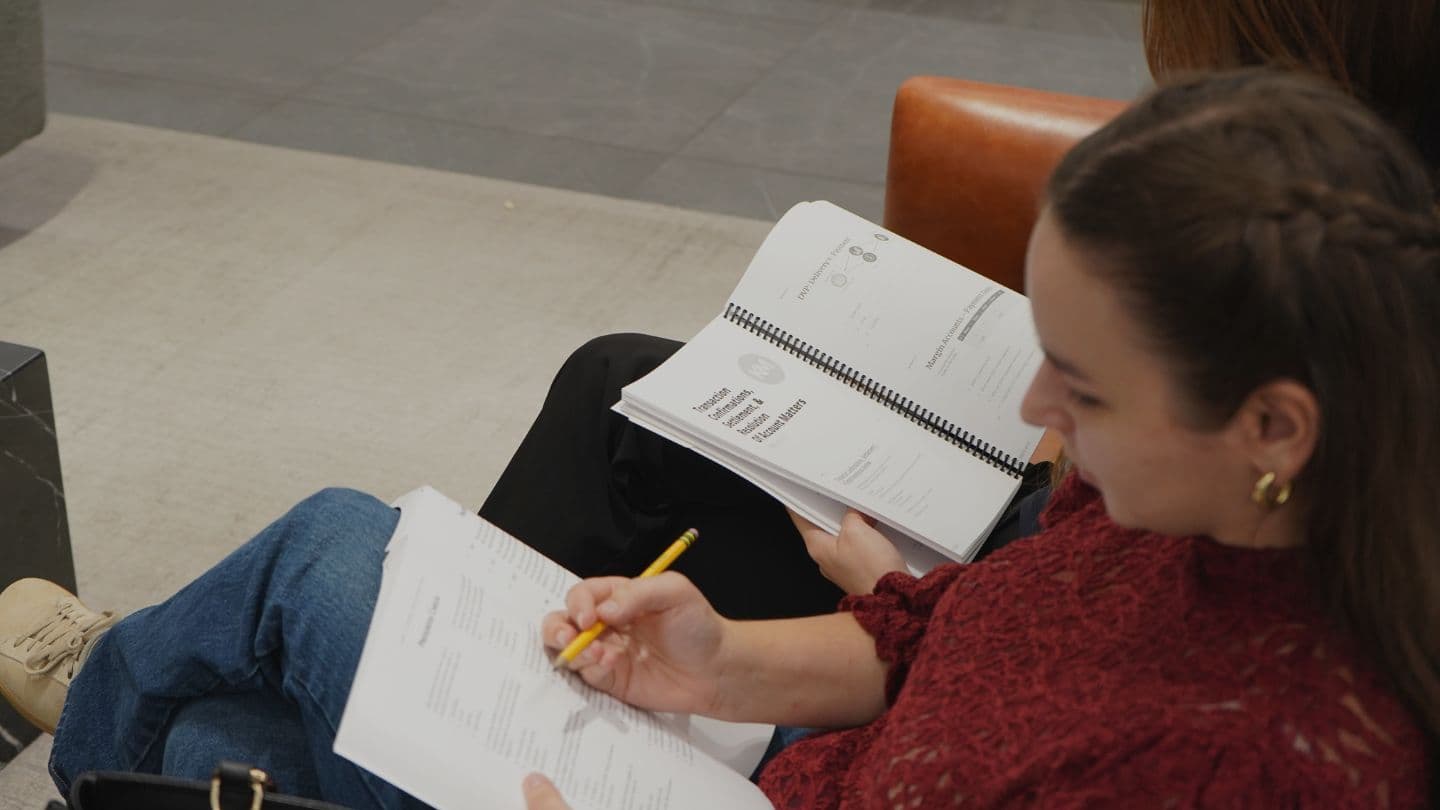New Research Rules – FINRA Rule 2241
New Research Rules
FINRA’s released new research rules which generally:
– reduce the research quiet periods following IPOs and secondary offerings,
– eliminate the quiet periods surrounding lock-up agreements, and
– exempt certain debt research reports issued to institutional investors from most of these provisions
The Rule goes effective in stages. The rules that went effective on September 25, 2015 – and are now testable – are discussed below.
Effective September 25
Research Quiet Periods
Equity research has a 10 day quiet period following an IPO’s offering date. This applies to both syndicate managers and members (previously 40 days and 25 days). The IPO or secondary offering date is the later of the effective date of the registration statement or the first date when securities are offered to the public.
For follow-on offerings syndicate managers and co-managers will have a three day quiet period (previously 10 days). Syndicate member have no blackout period for follow-on offerings.
| IPO | Follow-on | |
| Syndicate Manager or Co-Manager | 10 days | 3 days |
| Syndicate member | 10 days | No blackout period |
New debt offerings are not subject to any quiet period.
Registration of Research Analysts
Individuals who only occasionally produce research reports are no longer considered research analysts. The definition of “research analyst” is someone who is primarily responsible for the preparation of the substance of a research report (plus their direct and indirect reports).
Conflicts of Interest
Firms must have written policies and procedures to manage 1) conflicts of interest, 2) research analyst public appearances, and 3) interactions and influence between research and non-research personnel.
Annual Attestation Requirement:
Firms do not have to annually attest that they have written supervisory policies and procedures reasonably designed to achieve compliance with the relevant research rules. FINRA Rule 3110 requires member firms to have a system of supervision reasonably designed to achieve compliance with all securities laws, regulations, and FINRA Rules (including research rules).
General Exemptive Authority:
FINRA, in exceptional and unusual circumstances, may conditionally or unconditionally grant an exemption from any of these new research rules for good cause, to protect investors, and serve the public interest.
Knopman Note
Be sure to focus on the revised equity blackout restrictions. Knowing that research can publish more quickly following the issuance of new shares will serve test-takers well.
Written by Dave Meshkov
Dave's mission (and job: Managing Director of Course Design) is to make FINRA exam training engaging, approachable, and dare he even say, enjoyable. Having trained and coached over ten thousand students to exam success he knows how to present complex subjects in memorable and understandable ways. Prior to joining Knopman Marks in 2011, Dave practiced bankruptcy law at Weil, Gotshal & Manages and served as a law clerk in a the Southern District of New York Bankruptcy Court working on the General Motors and Lehman Brothers bankruptcies. Building on his legal expertise and training allows him to keep all our courses updated with the latest legislative and rule-making changes. Dave currently trains for the Securities Industry Essentials (SIE) exam and the Top-Off Series 6, 7, 24, 57, 63, 65, 66, 79, 86, 87, and 99 exams. He also delivers executive one-on-one training and shares his passion for learning outside of work as a ski instructor and yoga teacher. Dave graduated magna cum laude from Fordham Law School, and cum laude with a BA from the University of Pennsylvania.
Related posts
- Read more
Crush the SIE Exam with the Video Vault
Are you feeling overwhelmed by the sheer volume of Securities Industry Essentials (SIE) exam cont
- Read more
Master the Series 63 Exam with the Video Vault
Are you feeling overwhelmed by the dense text of Series 63 exam prep? Do you consider yourself mo
- Read more
How To Pass the Series 7 Exam in 2025
You’ve already passed your SIE and you’re ready for the next step – the Series 7 exam. The Series


